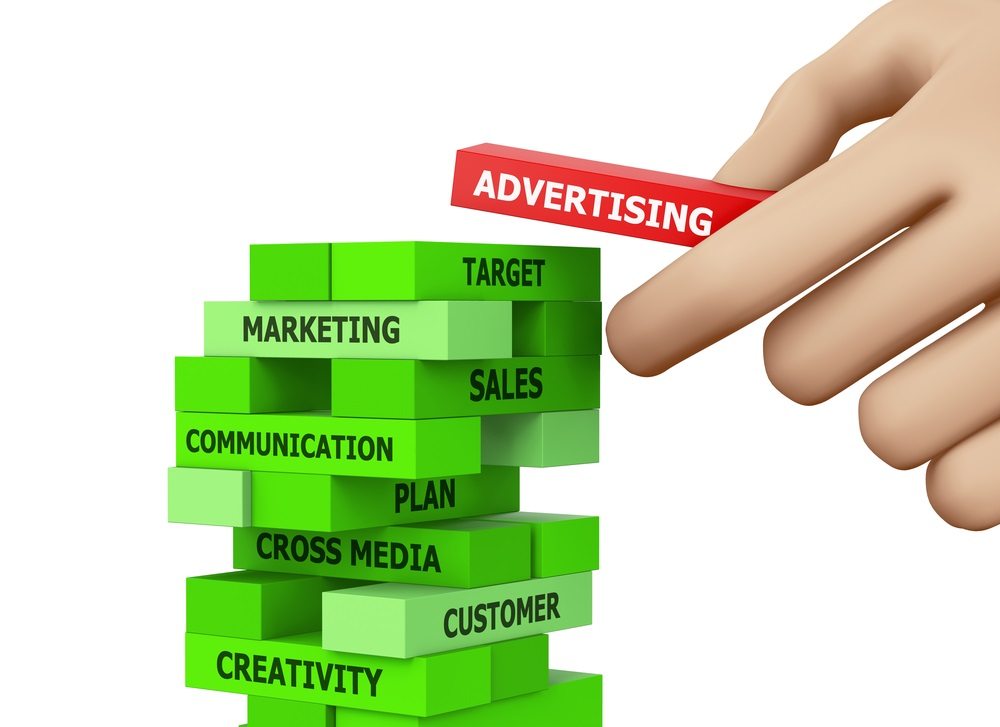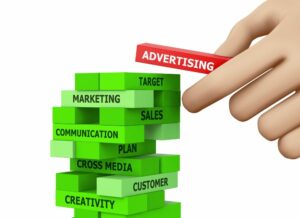Voor CEO Rik Ledder van TBWA\Neboko Group is 2019 tot nu toe een enerverend jaar. Een jaar waarin hij Simon Neefjes opvolgde en een jaar met dé pitch van Albert Heijn en de vraag: houden we deze klant aan boord. Ja, TBWA\Neboko won de pitch en de twee gaan op een nieuwe manier samenwerken. De eerste resultaten – de veelbesproken nieuwe campagne – zijn inmiddels te zien.
‘Albert Heijn wilde bovendien een aantal dingen zelf gaan produceren en heeft daarvoor AH Studio gelanceerd. Wij werken daar inmiddels intensief mee samen. Achteraf gezien had het niet beter kunnen verlopen, maar het was best een zware, onzekere tijd.’ Over de ‘ophef’ over de nieuwe campagne zegt Ledder: ‘Het is in ieder geval een campagne waar mensen over praten. Het sentiment onder de consument is bijzonder positief. Dat is mooi, maar nu door.’ Dan wijst hij op de aankondiging vorige week van de oprichting van New Growth Strategies met de oprichter van Business Openers, de business consultancy van Marc van Eck en Joost van Gelder. De twee stappen met 6 mensen over naar TBWA\Neboko en gaan de nieuwe business en consultancy dochter van TBWA\Neboko, New Growth Strategies, leiden.
Lees dit artikel over het nieuwe bureau van NIMA RM College-voorzitter Marc van Eck op Adformatie

















